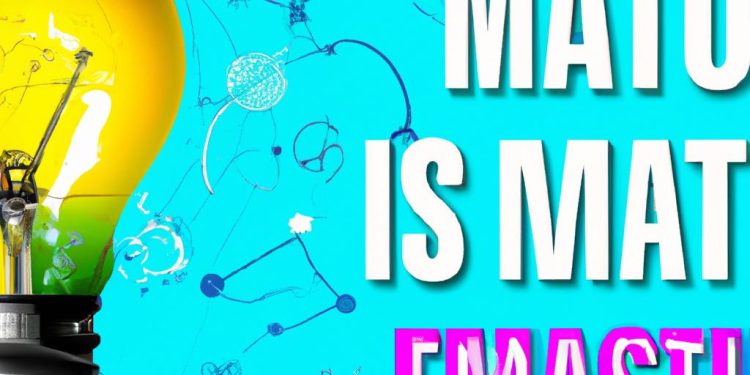Stepping into the world of education is akin to navigating an ever-evolving labyrinth: each turn an innovative approach, each step a new methodology. Yet, amidst this dynamic medley, a prominent quest underpins our journey—the quest to achieve accurate, comprehensive, and equitable student evaluation, the enchanted compass guiding our students towards the pinnacle of knowledge. Today, we are embarking on a fresh episode in our educational trek, exploring the labyrinth’s winding corridors and unravelling the burgeoning intricacies of that enchanted compass. Welcome to “Mastering Mastery: Innovations in Student Evaluation”, a thought-provoking expedition towards the frontier of educational attainment.
Ever thought about student evaluation happening beyond the traditional marking and grading system? Let’s dissect that thought. Mastery-based learning looks at providing students with a deeper understanding of the subjects they learn. It evaluates students based on the practical application of their knowledge in real-world scenarios. Contrary to the archaic grading system that focuses on rote memorization and academic competition, this system promotes innovation, independent thinking, and lifelong learning.Imaginative Metrics go even further by uncovering latent potentials and talents that aren’t ordinarily exhibited in academic pursuits.
- Performance-based tasks: This method evaluates a student’s understanding and application of concepts via real-world tasks linked with the subject matter.
- Students’ portfolio : A collection of works, projects, and assignments that demonstrate student’s progress and mastery in a particular area of study.
- Class participation and behaviour: Includes analysis of student engagement in classroom activities – whether it’s discussions, team-based projects or general classroom behaviour.
Successful implementation of inventive evaluation techniques requires a profound understanding of the advantages and challenges related to each method. An inclusive and more rounded Grading System supported by technological advances can make the transition smoother. Custom grading algorithms, AI-driven automated grading systems, and adaptive learning platforms are some of these innovations reshaping the educational landscape.
| Type of Grading System | Brief Description |
|---|---|
| Custom Grading Algorithms | Use of tailored algorithms to assess different aspects of student learning and work progression. |
| AI-Driven Automated Grading Systems | Application of AI to reduce manual effort and grading bias while ensuring precision and consistency. |
| Adaptive Learning Platforms | These platforms track student’s engagement and performance, delivering personalized learning and evaluation experiences. |
Troubling as the challenges may seem, the benefits of this Paradigm Shift in student evaluation cannot be overstated. The ultimate goal of education is to prepare students for life. In this regard, revolutionizing education to include practical recommendations for enhanced student evaluation, might just be what is needed to mould holistic individuals ready to confront the world beyond the four walls of the classroom.
As we close the pages of this enlightening exploration, it becomes clear that Mastering Mastery is more than just juggling letters and numbers on the grade report. It’s about viewing evaluation through a new prism, empowering each student to take charge of their journey, and making every learning experience meaningful. As we take a hard look in the rear-view mirror at traditional methods and move forward with a more receptive mindset, pushing the boundaries of innovation in student evaluation seems less daunting.
In the luminescent dawn of these educational innovations, with its myriad nuances and strata, a new world of possibilities unfolds for both educators and learners. After all, the education system is a living, breathing organism — and only by adapting and evolving can it truly serve its complex, diverse body of students. This intersection of conventional wisdom and innovative spirit is where education thrives, where mastery truly comes to life. So, let’s take these insights and tread boldly into this future of evaluation, ready to not just master, but to redefine, the concept of Mastery.




